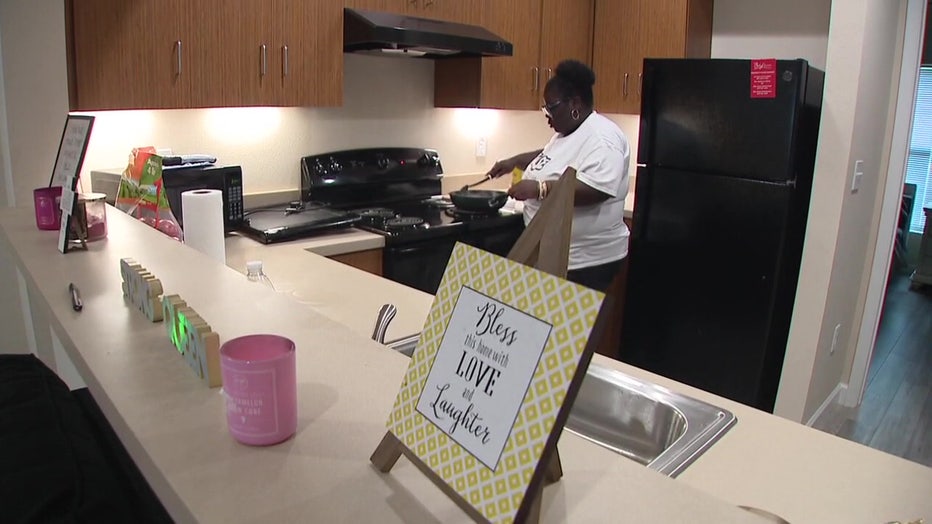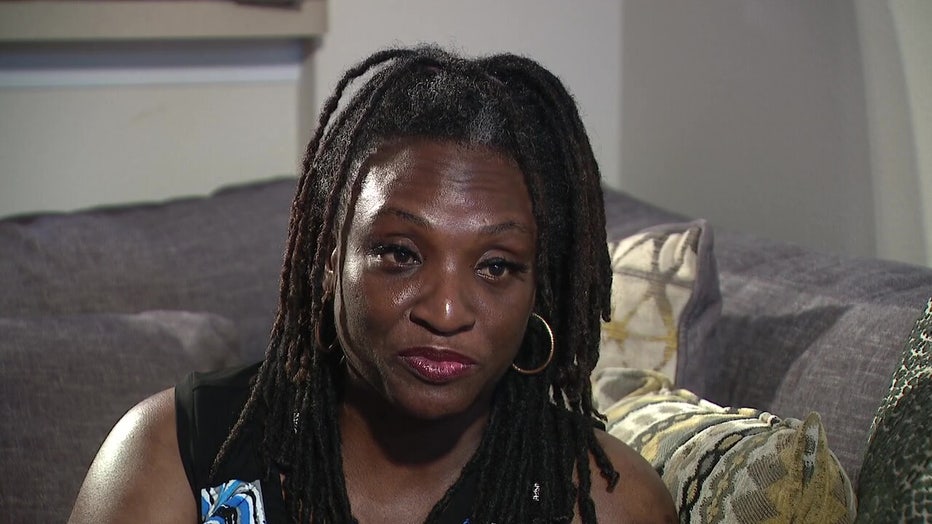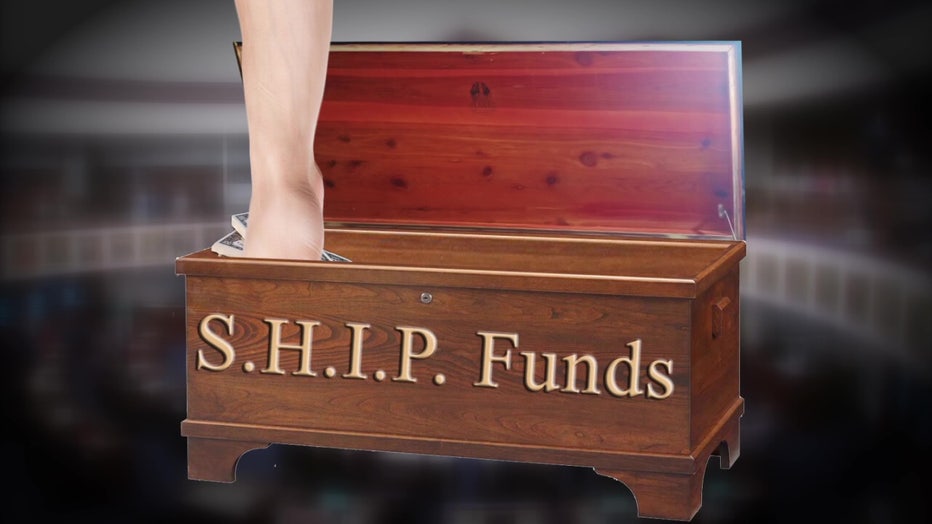Florida’s Affordable Housing Crisis: Fueling the Crisis part 2 of 4
Inside Florida's housing affordability crisis
FOX 13's Chief Political Investigator Craig Patrick dives into Florida's housing affordability crisis, and searches for solutions for everyday working people to afford homes.
TAMPA, Fla. - As Tampa Bay Area home prices rise, many who work full-time jobs are struggling to pay rent, and buying a home is out of reach.
The legislature anticipated a housing crisis more than 30 years ago, and created a dedicated fund to address it, called the Sadowski Trust Funds.
But as years passed and other priorities pulled focus, lawmakers pulled out much of the money to spend on other things—and along the way, fewer affordable homes got built, and fewer people received help.
Sharika Reeves is testament to how the Sadowski Trust Funds can deliver results when people need help the most.
She lived with and cared for her grandmother, and when her grandmother passed, she had nowhere to go.

Sharika Reeves finally found affordable housing.
"I was sleeping on my cousin's couch. I was sleeping on the floor," she said.
Then a man who offered help attacked and raped her, that triggered a mental breakdown, then recovery in a group home. She said she found a miracle—a decent home in St. Pete that she can finally afford (currently for around $200 per month).
Jaquetta Williams has a similar deal in a complex called Whispering Pines. She lost her mother, lost her job during the pandemic, and almost lost hope living in motels that cost more than $2,200 per month. She couldn't save up the thousands of dollars needed to rent an apartment.
"I didn't have a deposit. I had no way of saving enough to get a deposit. And then to get an apartment now they want first, last and security," she said.

Jaquetta Williams also struggled with finding affordable housing.
She also calls her two-bedroom apartment for $458 per month a miracle. Rent will increase as she brings in more money, but only up to a third of her income. The same goes for Reeves.
These are examples of Florida's long-running approach to affordable housing.
When people buy real estate in Florida, they pay a doc stamp tax that by law was set aside for Sadowski Trust Funds, which fund programs like the SHIP Program. It helps fund land purchases and the construction of apartments like Whispering Pines that cap rent based on need.
"Without SHIP, Whispering Pines, for example, we would not have been able to secure the land on this property," said Jack Humburg, Chief Operating Officer of Boley Centers.
SHIP funds also provide down payment assistance, so struggling families can buy homes and rebound, and if recipients later sell, taxpayers get the down payment assistance back. SHIP funds also help senior citizens and others repair their homes. While it directly addresses the housing crisis, it can also pay off in other ways.
"Without them, I don't know what we would be," said Williams.

She plans to become a health care worker, and her son is doing much better in school. "He's eager to come home and do homework now because he has a desk to sit to do it, you know," she said.
Meanwhile, Reeves is now in college and planning to help address the teaching shortage, by becoming a teacher.
"I would not have this place where I can thrive and just have hope and be able to move on with my life," said Reeves.
But the SHIP Program also has one big problem that has plagued it for years.
"We had lots of controversy over the money being swept out to other places," St. Petersburg City Councilman Richie Floyd said.
State lawmakers raided the SHIP fund, siphoning much of the money to pay for their own pet projects.
Since 2007, our own state lawmakers have raised more than $2 billion from the SHIP chest to pay for who knows what.
"And help to create, in my opinion, the housing affordability crisis that we have today," Humburg said.
As home prices accelerated during the pandemic, lawmakers took growing heat and agreed to stop raiding the funds, but with a bit of a catch.
"They have put a cap on how much money from the trust fund can be used for affordable housing," Humburg said.
They redirected much of the doc stamp revenue before it even gets into the affordable housing fund and sold it to voters by saying that means they can no longer be accused of raiding it.
However, even if the state hadn't raided and then diverted billions in SHIP money, we'd still have a shortage of starter homes, and we'd still have a crisis of working-class people who cannot get help.
"You don't solve this problem with money from Tallahassee. You solve this money with local policies that have to shift to allow more housing to be built," said Florida Policy Project President and former Florida State Senator Jeff Brandes.
Teachers, firefighters, nurses and many others are getting priced out of Florida, and yet they earn too much to qualify for SHIP benefits or other public assistance.
"I think a lot of the programs you're describing, vouchers and whatnot are for really low-income people," said St. Petersburg City Councilman Richie Floyd. "And now with the explosion in cost, we don't have programs that are aimed at people, who are professionals because they should be making enough money, and they should have enough money to be able to afford housing. But housing costs have gotten so expensive, that they are falling through a gap right now."
That compelled the governor and legislature to pass a new plan called the Live Local Act. They committed hundreds of millions of tax dollars to subsidize private developers to build more apartments and cap rent.
However, those new rent limits are still too expensive for teachers and a lot of other professionals.
STAY CONNECTED WITH FOX 13 TAMPA:
- Download the FOX Local app for your smart TV
- Download the FOX 13 News app for breaking news alerts, latest headlines
- Download the SkyTower Radar app
- Sign up for FOX 13’s daily newsletter

